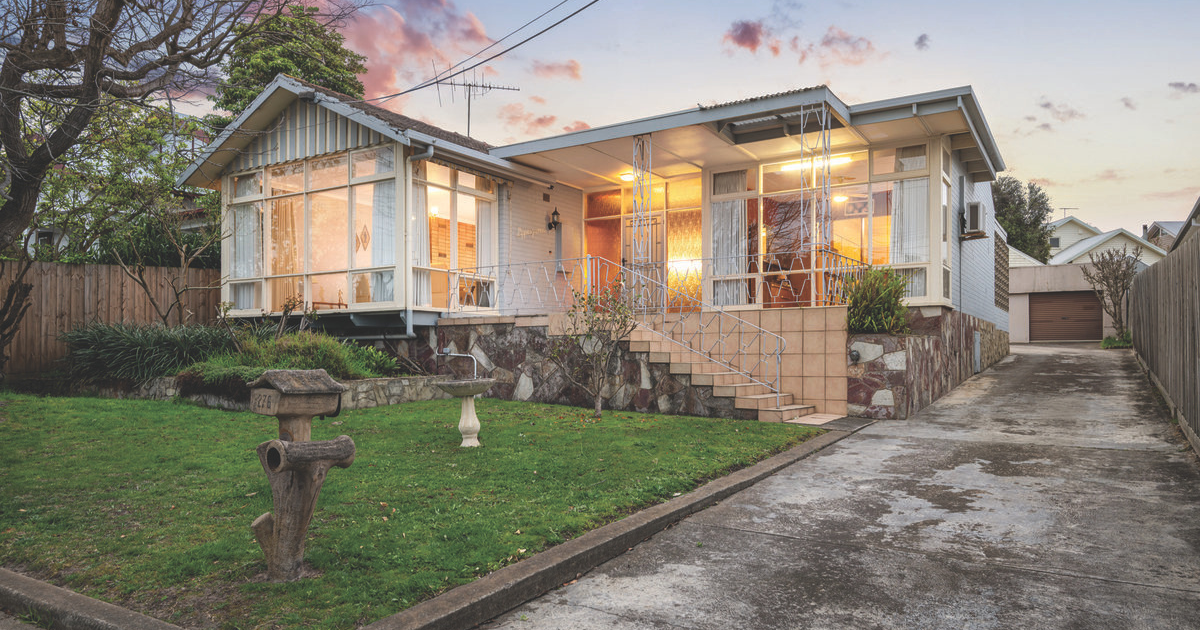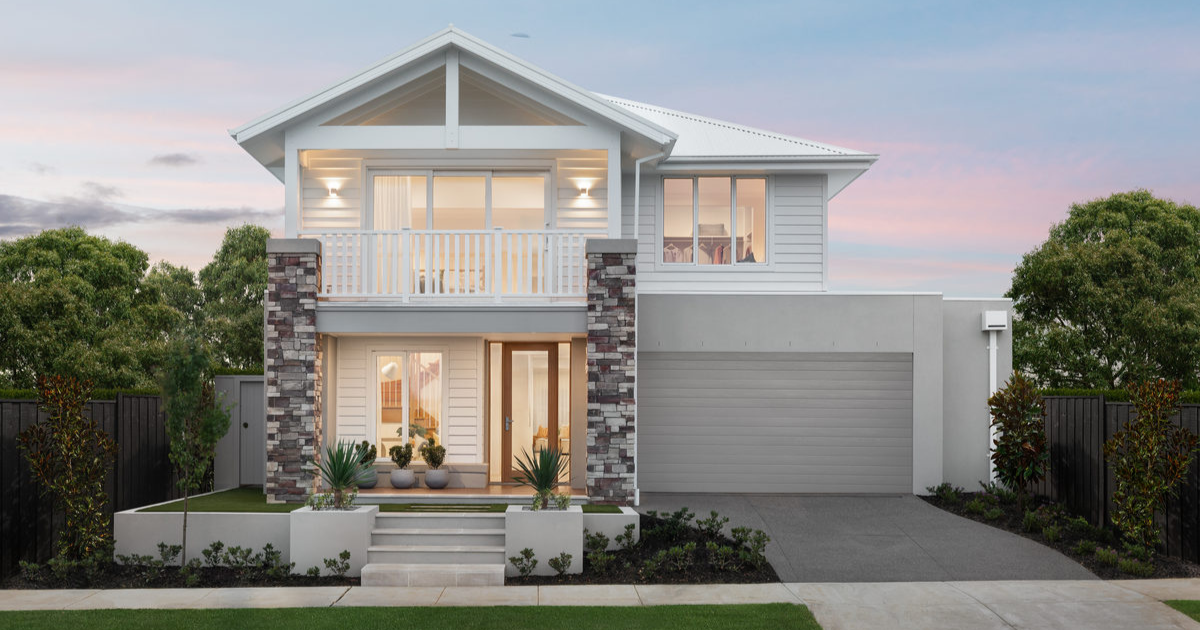FORGET TINY HOMES, DEAKIN RESEARCHERS WANT TO CREATE MICRO-VILLAGES
Deakin researchers are working on a community project to deliver low-cost housing for retirees and elderly people living on limited incomes in Geelong.
The ‘micro-village’ project, which recently received funding from the Geelong Community Foundation (GCF), would create clusters of small, affordable homes within existing neighbourhoods and close to community services.
Dr Ursula de Jong, Associate Professor in the School of Architecture and Built Environment and a member of Deakin’s multi-disciplinary research network HOME, said the project would develop a new approach to the growing problem of rental stress, particularly among the elderly.
“Home ownership and the rental market in Geelong is out of reach for many people on fixed low incomes, especially retirees living on aged pensions, and we know housing stress has implications for both individual and community wellbeing,” Dr de Jong said.
“We want to identify the community benefits and challenges of integrating a micro-village or a cluster of small, affordable homes into the Geelong community.
“These homes are not just for retirees but would suit people on limited or low incomes who want to live in a welldesigned, modestly-sized home.”
According to the Bureau of Statistics, Geelong’s population has more people aged 65 and over than Melbourne.
Many live on limited income and affordable rental accommodation, defined as costing a maximum of 30 per cent of gross income, which can be difficult to find in Geelong.
HOME has partnered with Geelong Sustainability to carry out a community consultation phase and has received funding from the GCF and the Lord Mayor’s Charitable Fund to develop a best practice model that will be used to design a prototype micro-village on a site yet to be determined.
Dr de Jong said this initial planning stage aimed to deliver housing for an existing group of Geelong retirees but the micro-village model had potential to help prevent homelessness and housing stress among a range of disadvantaged groups, in Geelong, Victoria and throughout Australia.
Dr de Jong said unlike the Tiny Houses movement, which lacked social integration and community consultation,
the micro-village concept placed high value on social connectedness and its associated benefits for emotional, psychological and physical wellbeing. “Residents would also receive security of tenure in energy efficient housing of the highest quality.
“By focusing on co-design with potential residents, their neighbours, policy-makers and stakeholders, our project will make recommendations on how to integrate such a development into existing neighbourhoods in Geelong and, in this way, support the wellbeing of micro-village residents and the broader community.”


















